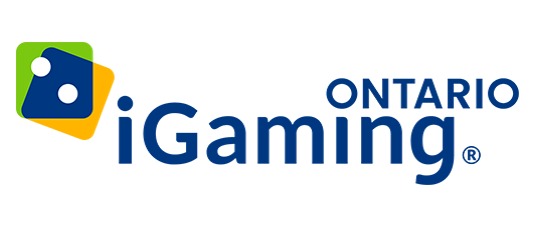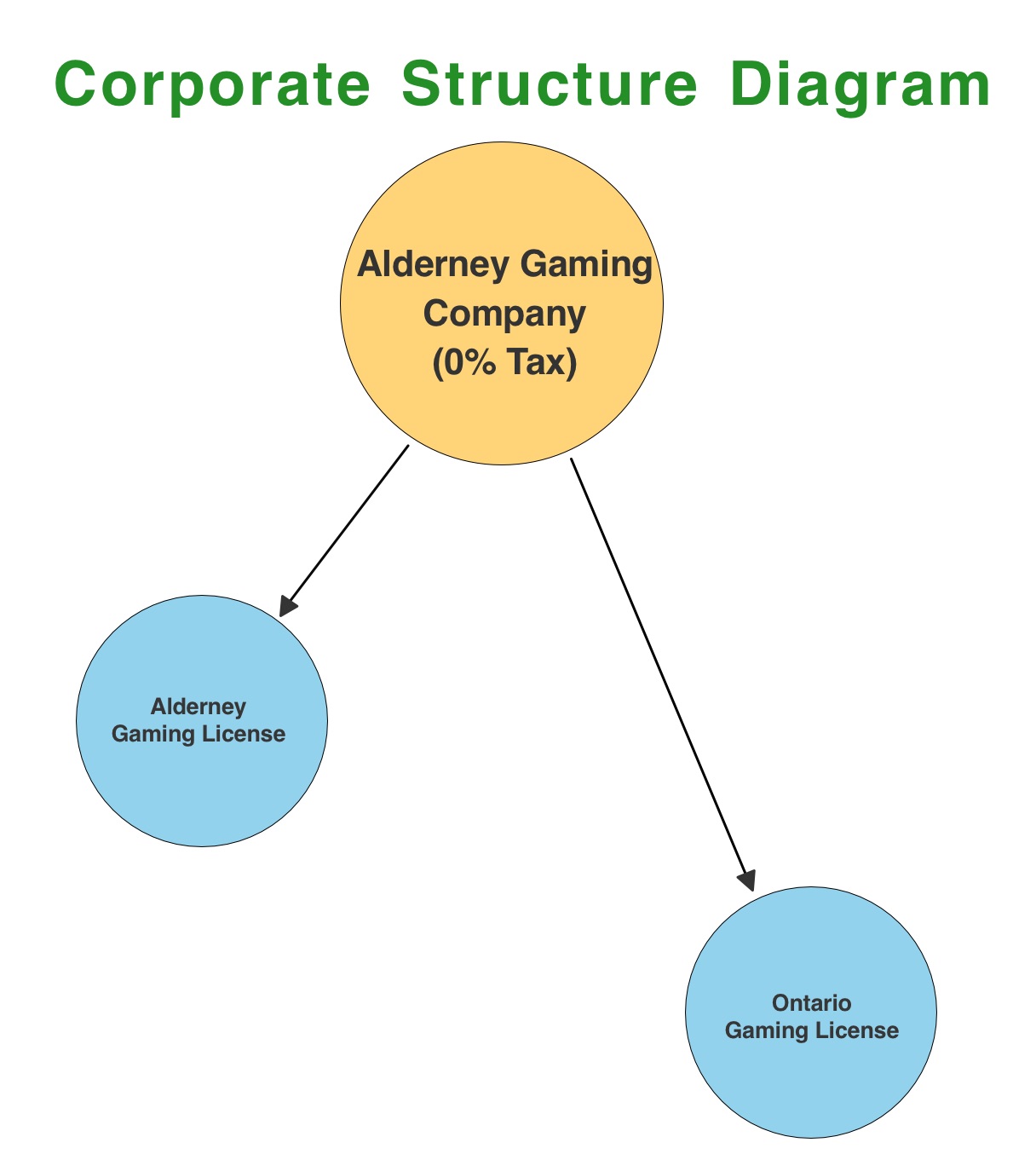In April 2022, Ontario launched its regulated online marketplace for iGaming, making it the first province in Canada to create a legal framework for private iGaming operators. The AGCO, alongside its subsidiary iGO, facilitates the registration and regulation of these operators, allowing them to legally offer their services within the province. This development is pivotal in transitioning from a “grey market” to a regulated environment, offering a competitive and structured platform for both operators and consumers. The licensing framework underscores Ontario’s commitment to ensuring a safe, fair, and responsible gaming environment.
Initial Steps and Required Documentation
Prospective operators looking to enter the Ontario online gaming market must undergo a thorough application process, overseen by the AGCO. This process includes the submission of detailed documentation, adherence to the Registrar’s Standards for Internet Gaming, and compliance with anti-money laundering (AML) policies. Key documentation involves a gap analysis of the Registrar’s Standards, a Control Activity Matrix, and technology attestation to ensure compliance with AGCO’s standards. Operators are also required to demonstrate their capability in managing gaming operations in accordance with regulatory requirements.
Types of Licenses
Ontario offers various licenses catering to different segments of the online gaming industry, including casino games, sports betting, and lottery. Each type of license comes with its specific set of requirements and standards, ensuring that operators cater to diverse gaming preferences while maintaining the integrity and fairness of gaming activities.
Technical Systems Evaluation for Ontario iGaming Operators
The Alcohol and Gaming Commission of Ontario (AGCO) enforces a rigorous technical systems evaluation for iGaming operators to maintain the integrity, fairness, and security of online gaming. This comprehensive evaluation is designed to safeguard against fraud, ensure fair play, and protect the privacy and security of player information. Here’s an expanded overview of the main components involved in this evaluation:
Game Fairness
To ensure game fairness, the AGCO requires that all gaming systems and games undergo independent testing by an AGCO-approved testing lab before they are made available to the public. This testing assesses the randomness of game outcomes, the accuracy of payout ratios, and compliance with the published rules of the games. These tests help guarantee that games operate fairly and as advertised, providing players with a reliable and fair gaming experience.
System Security
The security of the gaming system is paramount in protecting sensitive player information and ensuring the integrity of gaming transactions. Operators must implement robust cybersecurity measures, including data encryption, secure network architectures, and regular security audits. These measures are designed to prevent unauthorized access, data breaches, and potential fraud. Operators must also comply with AGCO’s standards for data protection and privacy to ensure that player data is handled securely and with utmost confidentiality.
Integrity of Financial Transactions
Operators are required to maintain a high level of integrity in financial transactions. This involves using secure payment gateways, implementing anti-fraud measures, and ensuring that all financial transactions are transparent and traceable. The AGCO mandates that operators have systems in place to monitor and report suspicious activities, ensuring compliance with anti-money laundering (AML) laws and regulations.
Compliance with Regulatory Standards
Operators must demonstrate ongoing compliance with the Registrar’s Standards for Internet Gaming. These standards cover a wide range of operational aspects, including but not limited to responsible gaming practices, advertising guidelines, and customer interaction. These standards include the cessation of any unregulated market operations within Ontario upon being issued an AGCO registration and the termination of associations with companies that operate in the unregulated market.


